In Spring 2024, Manchester University Press is publishing She played and sang: Jane Austen and music, a new book by Gillian Dooley, Honorary Senior Research Fellow in English at Flinders University in South Australia. Music occupied a central role in Jane Austen's life, she played the piano from a young age and was encouraged by her Father. She made brilliant use of music in her books to illuminate characters' personalities and highlight the contrasts between them.
In the new book, Gillian Dooley uses music books from Austen's immediate family circle, including her own, a treasure trove of evidence, along with letters, to unveil a previously unknown facet of Austen’s world.
Here, Gillian Dooley talks about her life-long interest in Austen's life and work.
I was lucky to grow up in a home surrounded by music and books. I was learning the piano and singing from the age of six, and I can still remember the thrill of being able to read a book for myself. So when I first read Pride and Prejudice I immediately noticed that several characters were musical. I recall a discussion of the importance of that fact in an English class more than fifty years ago.
Coming back to study as a mature-age student in the middle of the 1990s, I chose to write my English Honours thesis at Flinders University (South Australia) on ‘The Meaning of Music in the Novels of Jane Austen’. At the time I was only dimly aware of the Austen Family music books, and I wrote in my Introduction that I was not interested in pursuing the ‘elusive biographical quest’ of exploring her personal attitudes to and aptitude for music. My home town of Adelaide is a very long way from Hampshire and even if I’d known more about the music books, at that time I wouldn’t have had a chance to travel and consult them.
Slowly things began to change. Someone gave me a 2004 CD, The Jane Austen Songbook, and I discovered Jane Austen’s Music, Ian Gammie and Derek McCulloch’s 1996 catalogue of the music books held at the Jane Austen Memorial Trust at Chawton in Hampshire. I still couldn’t access the books themselves but I could get an idea of what music was in them. Most of the music, I found, is either for solo keyboard or for voice and piano accompaniment. I quickly discovered that very little of the music in these books is still in print, so tracking down copies of the songs depended on access to historical collections, some of which, miraculously, had already been digitised. I organised the first Jane Austen’s Music concert in 2007, a program built mainly around what music I could get hold of from these collections and from libraries.
In 2010 I was finally able to travel to the UK on a research trip and spent some time consulting the books, transcribing some songs and piano pieces for future programs. I made contact with the scholars and curators who were working with the books. I began to get a sense of this amazing collection that has survived for more than two centuries.
The Austen family music that was available at that time has since been supplemented by the discovery of more volumes. More than twenty albums are now available to consult, plus some loose sheets, and, while several of these belonged to members of the extended Austen family, there are seven that we are fairly certain belonged to Jane Austen herself. Four of these are, either wholly or in part, in her handwriting – that is, she copied existing music onto music manuscript paper for her own use. The other three are bound collections of printed music with her ownership marks. So that ‘elusive biographical quest’ was not so elusive after all. While we know that this is not the complete collection of music that Jane Austen owned or had access to, we can get quite a good idea of the music that she liked to play.
In 2015 the University of Southampton digitised the eighteen volumes available at that time. Finally they were available to view online. This was a great boon to Austen scholarship in general, of course, but to me it was a goldmine and I wanted to be able to plunder it for all it was worth. To do that I needed a complete catalogue. Since my career has been in librarianship, I was familiar with creating catalogues and so, with the blessing (and assistance) of the librarians at Southampton, I set about cataloguing all the playable pieces of music. The project took me more than three years and was both painstaking and fascinating. I discovered composers I had never heard of, French revolutionary songs, German drinking songs, and some exquisite music which would never be heard today if it hadn’t been in Austen’s collection.
I still remember the moment when it dawned on me that she played and sang. I don’t know why it surprised me - roughly half of her collection is vocal music. She seems to have had a high soprano voice, going by the scores we have. Few of the songs are highly virtuosic – Italian opera was not her thing – but they are not necessarily easy. Most of the music is from the late eighteenth century, dating from a time when accompaniments were not fully notated, so she would not only have sung but would have improvised her own piano parts using the bass line provided. Her niece remembered, fifty years after she died, listening to her play and sing.
All this time I had been writing about Austen and music, and eventually I began to think about what it meant for Austen the writer to have also been a musician. The natural next step was to pull together my nearly thirty years of writing and thinking about, and performing, Jane Austen’s music. She Played and Sang: Jane Austen and Music is the result – a survey of the music we know she knew, and what it can tell us about her life, her family relationships, and her writing.
Find out more at my Jane Austen’s Music website


.JPG)
.jpg)
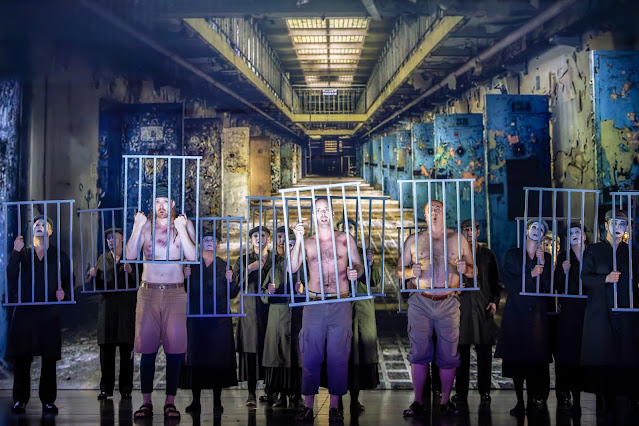




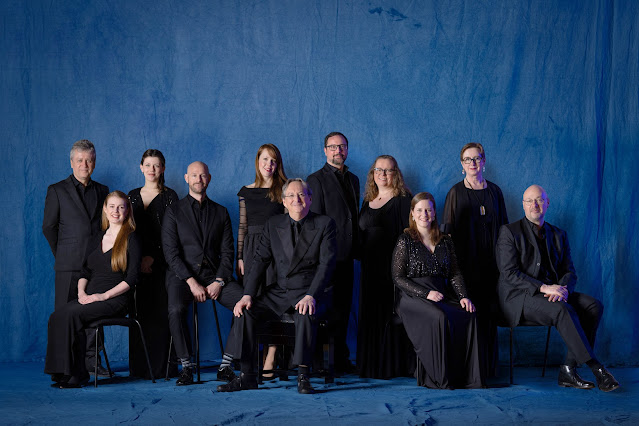

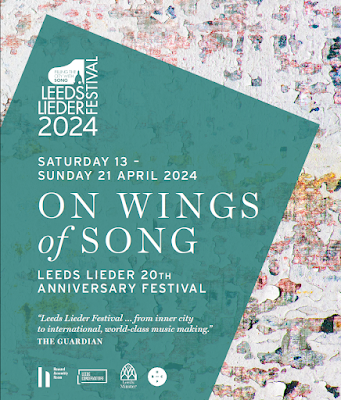






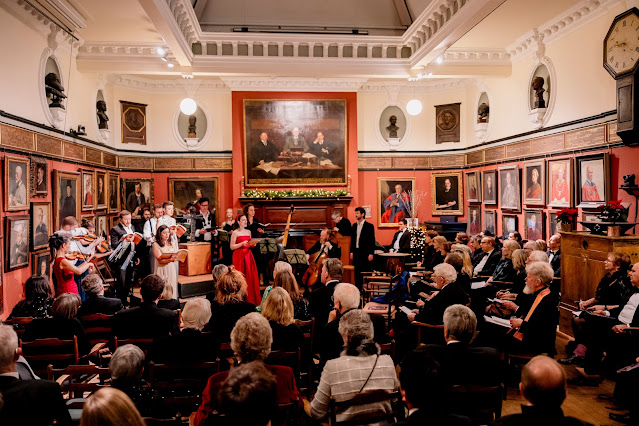



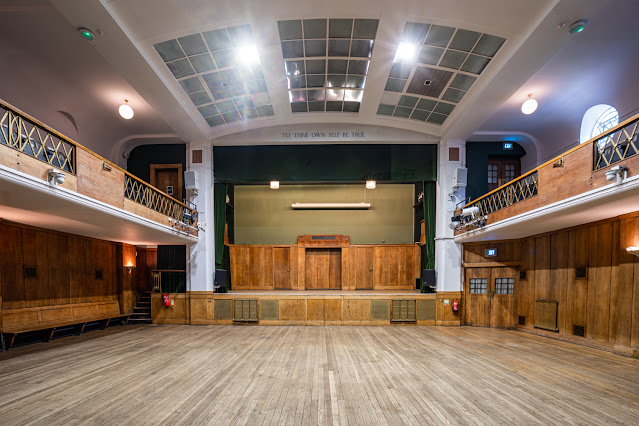





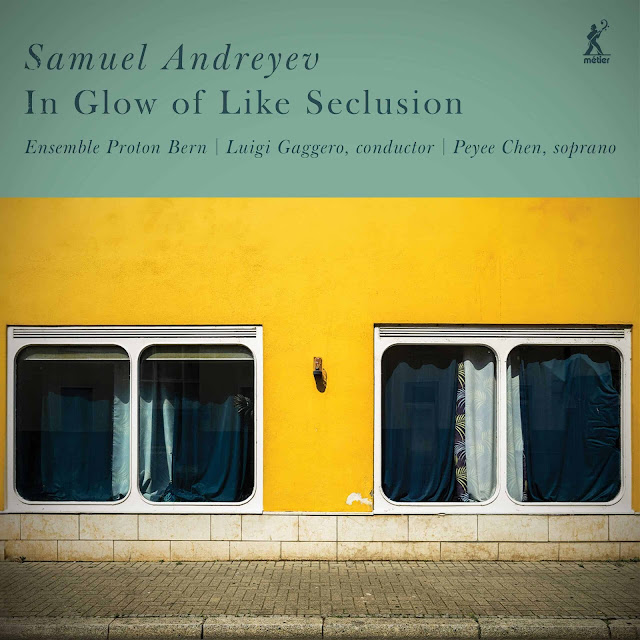









%20and%20Schyler%20Vargas%20(Norman)%20on%20the%20Yellowstone%20River,%20August%202025%20Photo%20by%20Charlotte%20Mae%20Ellison.jpg)
